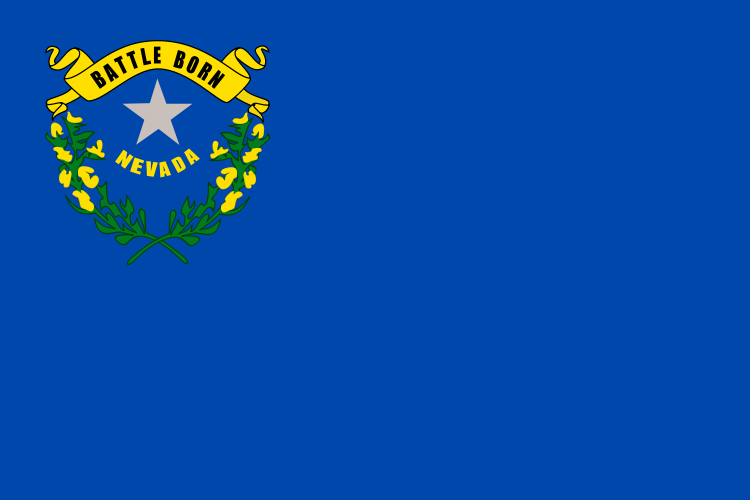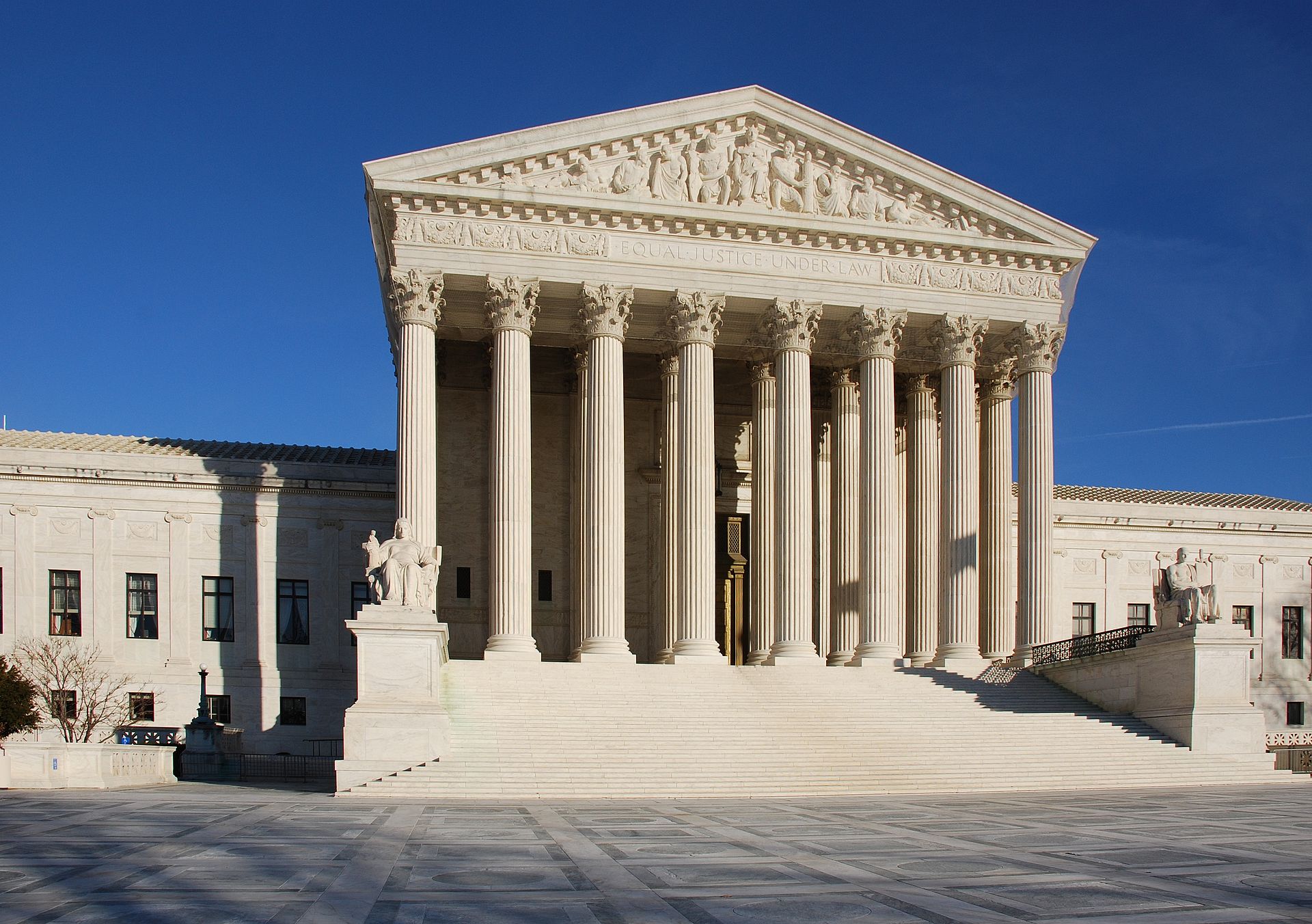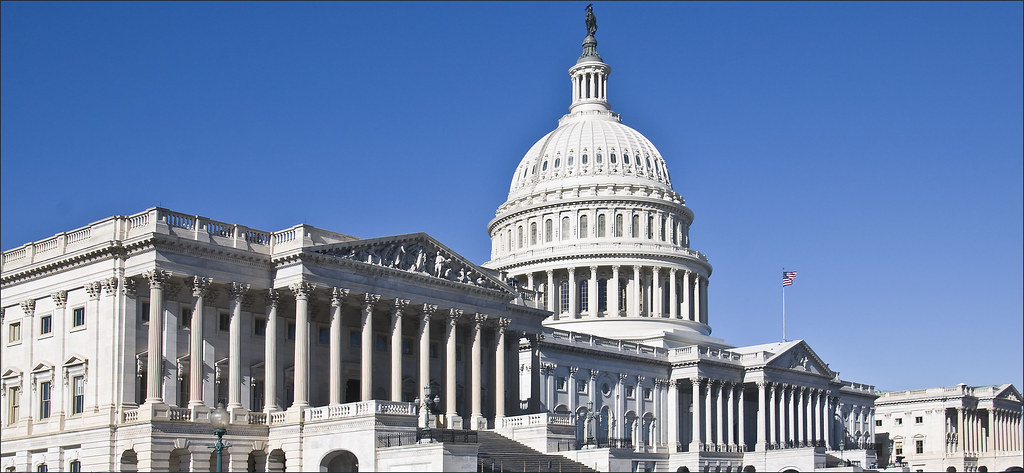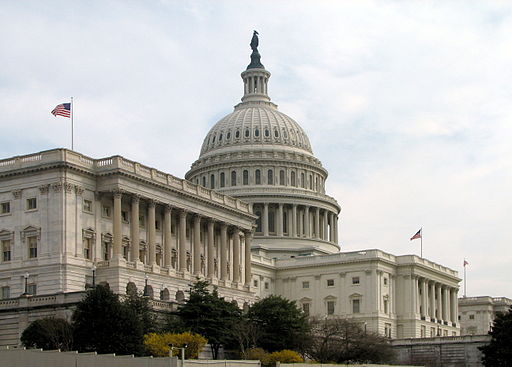Author: Jace Lington
-
U.S. Supreme Court agrees to hear case challenging HHS approval of state work requirements for Medicaid beneficiaries

On December 4, the U.S. Supreme Court agreed to hear a case involving agency approval of work requirements for state Medicaid beneficiaries. In Azar v. Gresham, the court will decide whether the Medicaid statute empowers the secretary of the U.S. Department of Health and Human Services (HHS) to approve state plans to use work requirements…
-
President Trump executive order outlines use of artificial intelligence by federal agencies

On December 3, Donald Trump signed an executive order that aims to promote the use of artificial intelligence (AI) by federal agencies while protecting public trust and upholding the law. The order directs the Director of the Office of Management and Budget to post a roadmap for future policy guidance about AI consistent with the…
-
U.S. Third Circuit Court of Appeals rejects judicial deference to agency commentary that expanded sentencing guidelines

On December 1, the U.S. Court of Appeals for the Third Circuit ruled unanimously in U.S. v. Malik Nasir that courts should reject judicial deference to United States Sentencing Commission commentary that expands federal sentencing guidelines. The case involves Malik Nasir’s marijuana conviction and the decision to sentence him as a career offender using definitions…
-
U.S. Supreme Court hears oral argument in case involving when people may challenge IRS regulations

On December 1, the U.S. Supreme Court heard oral argument in CIC Services v. Internal Revenue Service, which asks whether a law that blocks preemptive lawsuits against tax collection applies to potentially unlawful regulations issued by agencies that are not taxes. CIC Services, LLC argues citizens should be able to “challenge illegal regulations in court,…
-
Nevada voters reject ballot measure that would have increased legislative control over state board of regents

On November 3, Nevada voters chose not to adopt Nevada Question 1, a ballot measure that would have given the state legislature more control over the Nevada State Board of Regents. The Board of Regents is an elected executive agency that manages Nevada’s higher education system. According to the 2017 legislation that introduced the ballot…
-
Ballotpedia study shows that 25 state APAs and constitutions specify qualifications for administrative agency leaders

A Ballotpedia survey of all 50 state constitutions and administrative procedure acts (APAs) revealed that 25 state APAs and constitutions specify qualifications for administrative agency leaders and the other half of the states do not specify any required qualifications as of November 2020. Administrative agency leaders are those who direct the activities of state agencies.…
-
U.S. Supreme Court agrees to hear Appointments Clause challenge to Social Security Administration ALJs

On November 9, the U.S. Supreme Court agreed to hear Carr v. Saul, a case involving the president’s appointment and removal power and whether people may raise Appointments Clause arguments in court that they did not make during administrative proceedings. The Social Security Administration (SSA) denied Willie Carr’s application for Social Security disability benefits and…
-
Legislation would block Trump executive order to change civil service classifications

On Oct. 27, Rep. Gerry Connolly (D-Va.) introduced the Saving the Civil Service Act (H.R. 8687) to block President Donald Trump’s Executive Order 13957. The executive order, issued on Oct. 21, aims to give agency heads greater flexibility in the appointment of staff members who serve in policy-related positions and make it easier for agency…
-
Ballotpedia study shows that 12 state APAs define what qualifies as a guidance document

A Ballotpedia survey of all 50 state constitutions and administrative procedure acts (APAs) revealed that 12 state APAs include provisions that define what qualifies as a guidance document and the other 38 states do not have provisions in their APAs or constitutions defining guidance as of September 2020. Guidance is a term used to describe…
-
U.S. Senate rejects CRA resolution to block changes to the Community Reinvestment Act

On October 19, the U.S. Senate rejected a Congressional Review Act (CRA) resolution to block a new banking rule issued by the Office of the Comptroller of the Currency (OCC). The resolution, passed by the U.S. House in June, failed on a procedural vote of 48 to 43 in the U.S. Senate. Democratic members of…

